Trump’s Peace Deadline for Putin Nears, But Moscow’s Not Budging
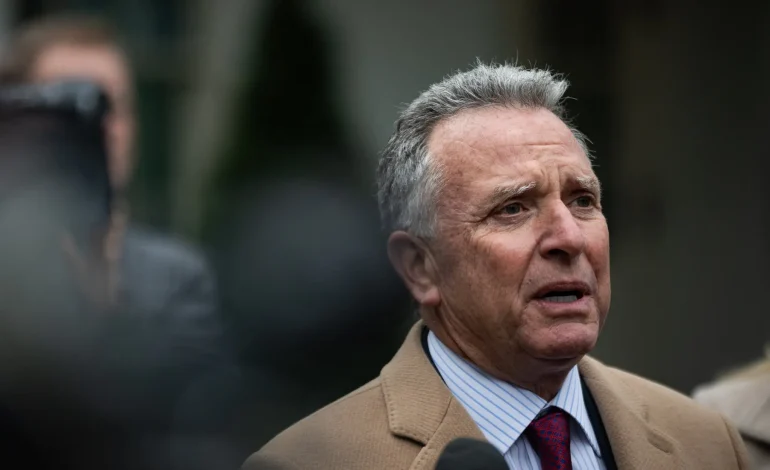
As President Trump’s Friday deadline for Vladimir Putin to “cut it out” in Ukraine creeps closer, the Kremlin isn’t exactly scrambling to make peace. Despite threats of harsh new sanctions and some serious diplomatic pressure, Russia appears unmoved—still shelling cities, still grabbing land, still playing hardball.
Trump’s special envoy, Steve Witkoff, is expected to arrive in Moscow midweek, following visits to Israel and Gaza. His job? Deliver Trump’s final warning: reach a peace deal or face a fresh wave of US penalties—this time not just against Russia, but against countries still buying its oil, like China and India.
“They’ve asked to meet him,” Trump said Sunday. “We’ll see what happens.”
But there’s not much optimism in DC or Kyiv that this last-ditch effort will change anything. Putin isn’t showing signs of caving—if anything, he’s doubling down.
Just last week, Russia announced that its new hypersonic “Oreshnik” missile is now in service. Putin claims it’s so fast and powerful, a bunch of them launched conventionally could cause destruction on par with a nuclear strike. Meanwhile, Russian forces continue their push toward Pokrovsk, a strategic city in eastern Ukraine.
When asked if sanctions will really work, Trump seemed skeptical.
“They’re wily characters,” he said of the Russians. “They’ve gotten pretty good at dodging sanctions.”
Frustrated by months of Russian missile attacks and a lack of progress at the negotiating table, Trump moved up his deadline last week. He’s threatening not only direct US sanctions but also secondary tariffs that would hit other countries doing business with Russia—mainly targeting oil sales that are keeping Moscow’s war machine alive.
Ukraine’s President Volodymyr Zelenskyy is all in, urging the US and Europe to crank up pressure. His administration argues Russia’s economy, propped up by energy sales, is feeling the squeeze and will break under tougher sanctions.
Trump’s team, meanwhile, is facing pushback from allies who worry that going after India or China could disrupt global oil markets and stall other trade talks.
Despite mounting pressure, Putin isn’t signaling any real willingness to back down. Kremlin spokesman Dmitry Peskov confirmed Moscow is open to meeting Witkoff this week but didn’t offer much else.
As usual, the message from Moscow is: sure, we’ll talk—but don’t expect concessions. Putin has made it clear he wants peace only if it comes with Ukraine (and the West) bending to Russian demands.
And while Ukraine is getting creative—launching drone strikes inside Russian territory and hitting key infrastructure like an oil depot near Sochi—the war continues to grind on. According to the UN, over 12,000 Ukrainian civilians have been killed since Russia’s full-scale invasion in 2022.
In response to what he called “provocative” threats from former Russian President Dmitry Medvedev, Trump said last week he repositioned two US nuclear submarines. Whether that actually happened isn’t clear.
Also unclear? What happens if Friday rolls around and Putin doesn’t blink. Trump has a habit of issuing ultimatums, then walking them back or delaying action.
Still, some in Ukraine say this is Putin’s “last chance” to cut a deal. Others think it’s more political theater than real diplomacy.
Either way, one thing is certain: peace isn’t on the horizon yet. And the pressure cooker—diplomatic, economic, and military—is only heating up.
The Associated Press, the Hill, and the New York Times contributed to this report.
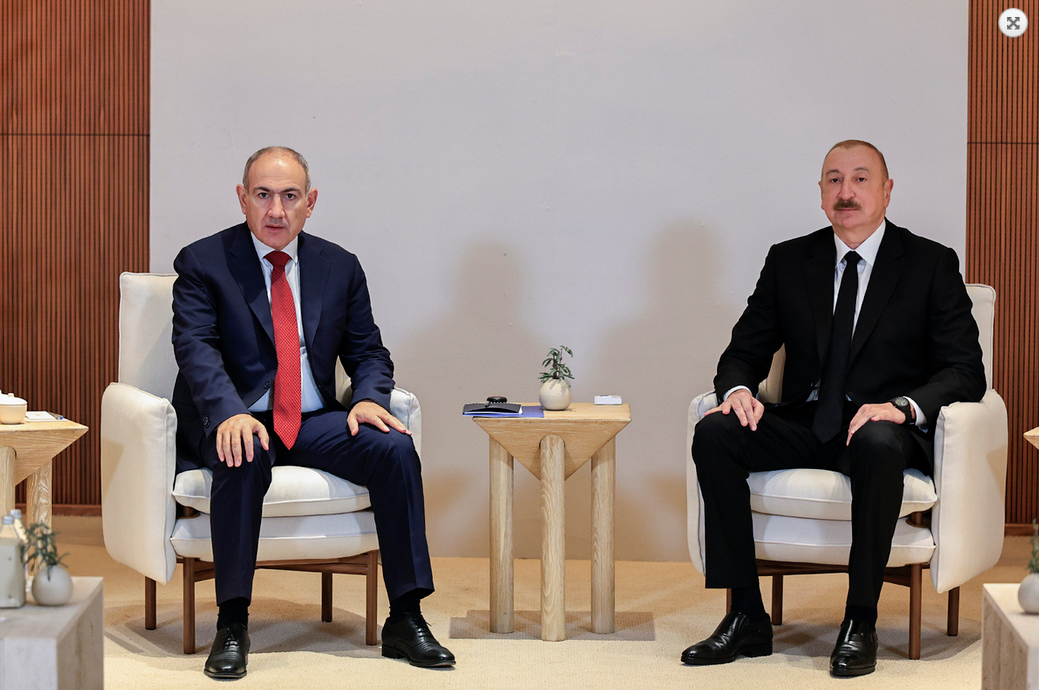
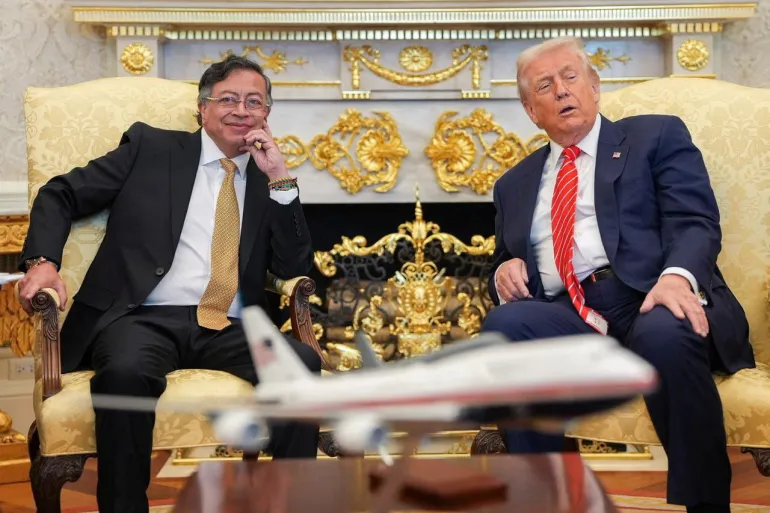
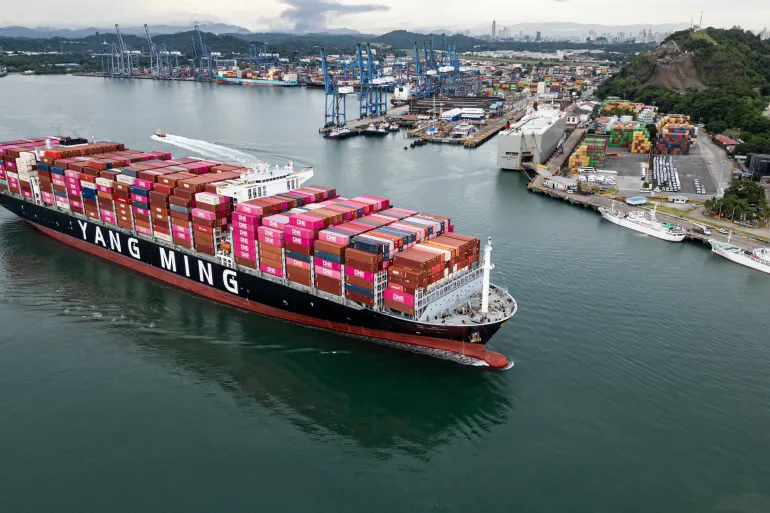
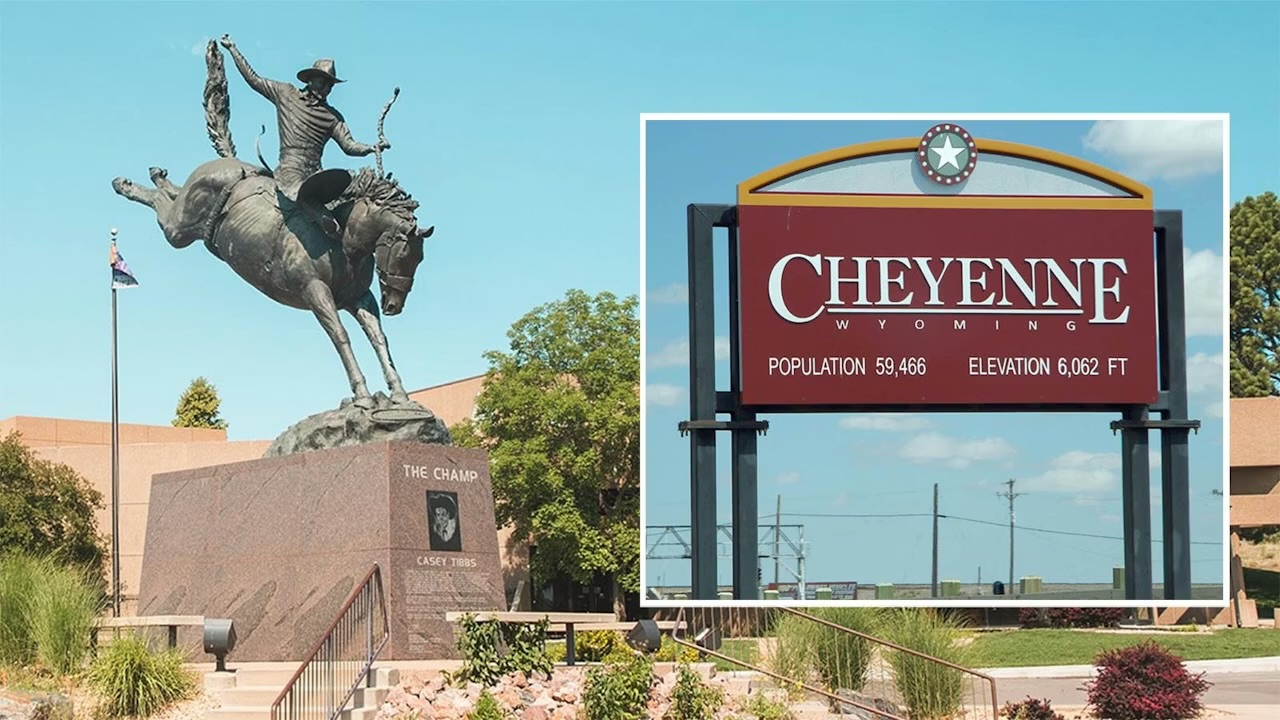
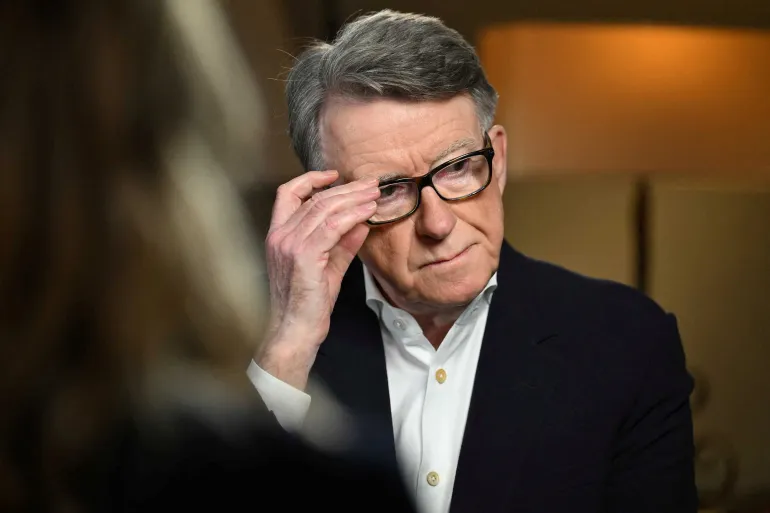




The latest news in your social feeds
Subscribe to our social media platforms to stay tuned